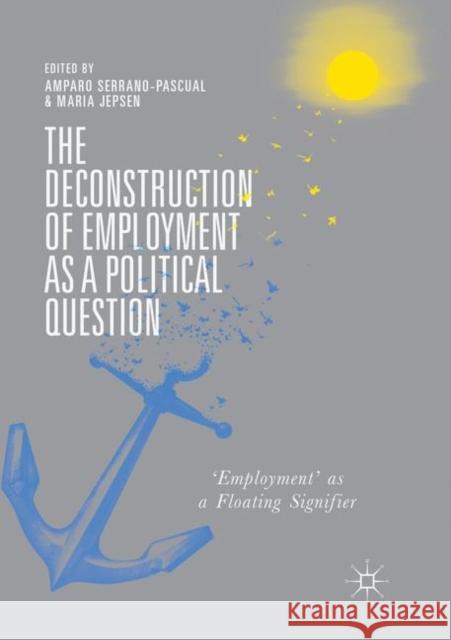The Deconstruction of Employment as a Political Question: 'Employment' as a Floating Signifier » książka
topmenu
The Deconstruction of Employment as a Political Question: 'Employment' as a Floating Signifier
ISBN-13: 9783030066949 / Angielski / Miękka / 2018 / 344 str.
Kategorie:
Kategorie BISAC:
Wydawca:
Palgrave MacMillan
Język:
Angielski
ISBN-13:
9783030066949
Rok wydania:
2018
Wydanie:
Softcover Repri
Ilość stron:
344
Oprawa:
Miękka
Wolumenów:
01











